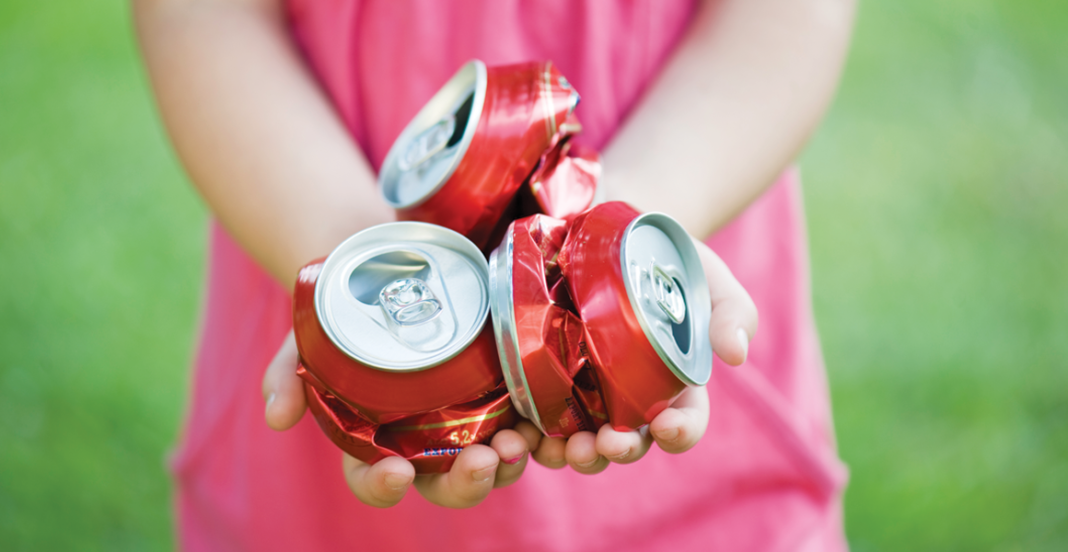Last month, the Scottish government published its response to a consultation on a proposed deposit return scheme (DRS). Once it’s in place, consumers will be able to dispose of their bottles and cans and redeem a deposit already placed on the containers at the point of purchase.
Just prior to this, the Department of Environment, Food and Rural Affairs (DEFRA) in England opened its consultation into waste, of which DRS forms part.
Given that Scotland is moving ahead with DRS, this arguably leaves England playing catch-up and could result in a situation whereby separate schemes run parallel to one another.
For wholesalers, this signals potential disaster, furthering the possibility of two schemes falling under separate administrators and being different in scope.
While there is disagreement over aspects of DRS, those in the waste industry, alongside manufacturers, wholesalers and retailers, agree that schemes both north and south of the border should be identical. At a recent conference, Coca-Cola European Partners’ (CCEP) head of sustainability, Nick Brown, echoed that view: “A scheme going first in Scotland will cause a lot of complexity, even if it’s a really well-designed scheme.”
One outcome, he added, could be that restrictions on the free movement of product throughout the UK runs the risk of further opening up the illegal market.
On the scope of any scheme, the devil will be in the detail. Scottish environment secretary Roseanna Cunningham says its consultation analysis provides evidence of backing for a “well-run and appropriately targeted” scheme.
In terms of targeting, many favour a scheme that captures on-the-go litter and therefore has size restrictions. But clarification of what ‘on the go’ means remains sketchy.
CCEP, which in 2017 initially expressed concerns about DRS, now favours an inclusive system admitting that ‘on the go’ is too confusing for consumers.
Tesco has reached the same conclusion following a series of customer focus groups. “How do you decide at the shelf edge what is an on-the-go product versus another product?” says its head of packaging, James Ball.
Which materials to include is also set to be a fracture point. Metal and plastic find favour, while there is currently blanket opposition to glass which is heavier to transport and holds less value. But perhaps lessons can be learned from countries where DRS is operational.
In Lithuania, for example, wine and spirits bottles were omitted, but now there is public demand to expand.
“A constant question is, ‘Why can’t we bring all our bottles, not just beer bottles?’ Now expansion will be very expensive because we need additional space and different crushers. It’s better to start with a full range of materials,” says Saulius Galadauskas, whose organisation, The Lithuanian Association of Brewers, helps run DRS there.
It is public opinion that may, in the end, shape this debate. If plastic drinking straws can be all but eradicated following the BBC’s Blue Planet television series, then consumer behaviour will also be a crucial factor in the success of DRS.
More recent news: Research suggests retailers concerned about track and trace








